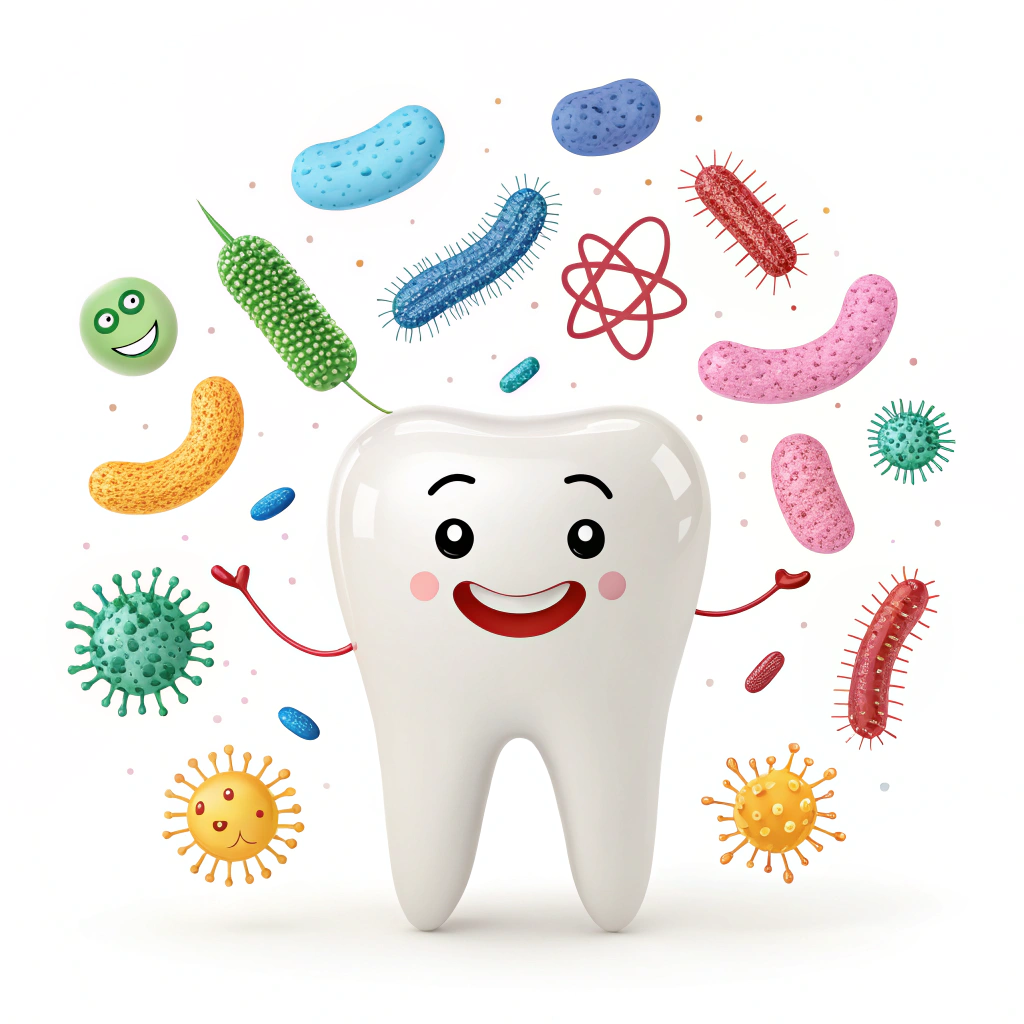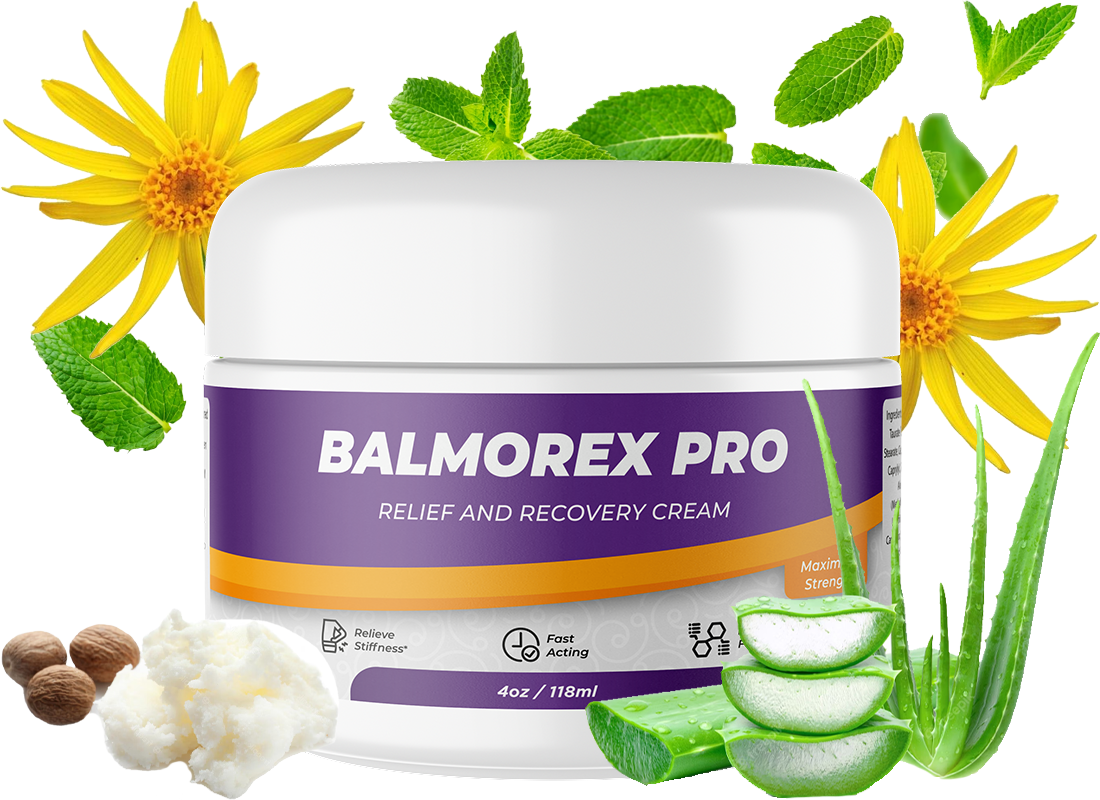
Are Probiotics Worth It? How They Improve Gut Health
Are Probiotics Worth It? How They Improve Gut Health
Probiotics have surged in popularity over the past few years, often touted as a miracle solution for various health issues, particularly those related to gut health. But are they really worth the hype? In this article, we will explore what probiotics are, how they function, their benefits, and whether they are a worthwhile addition to your health regimen.
What Are Probiotics?
Probiotics are live microorganisms, primarily bacteria and yeasts, that are believed to provide health benefits when consumed in adequate amounts. They are often referred to as “good” or “friendly” bacteria because they help maintain a healthy balance of gut flora.
Types of Probiotics
Probiotics can be classified into several categories based on their strains. Some of the most common strains include:
– Lactobacillus: Found in yogurt and fermented foods, this strain is known for its ability to help with lactose digestion and may alleviate symptoms of irritable bowel syndrome (IBS).
– Bifidobacterium: Commonly found in dairy products, this strain is associated with improved gut health and immune function.
– Saccharomyces boulardii: A yeast probiotic that has been shown to help prevent diarrhea and restore gut flora after antibiotic use.
The Gut Microbiome: A Brief Overview
The gut microbiome is a complex community of trillions of microorganisms residing in the digestive tract. This ecosystem plays a crucial role in digestion, metabolism, and immune function. A balanced microbiome is essential for overall health, while an imbalance can lead to various health issues, including:
– Digestive disorders (e.g., IBS, Crohn’s disease)
– Allergies
– Obesity
– Mental health issues (e.g., anxiety, depression)
How Probiotics Improve Gut Health
Probiotics can help restore and maintain a healthy gut microbiome in several ways:
1. Balancing Gut Flora
Probiotics can help restore the balance of gut bacteria, especially after disruptions caused by antibiotics, poor diet, or illness. For instance, a study published in the journal Nature found that individuals who took probiotics after antibiotic treatment had a quicker recovery of their gut microbiome compared to those who did not.
2. Enhancing Digestion
Probiotics can aid in the digestion of certain foods, particularly those that are difficult to break down. For example, Lactobacillus strains can help digest lactose, making dairy products more tolerable for individuals with lactose intolerance.
3. Strengthening the Immune System
A healthy gut microbiome is closely linked to a robust immune system. Probiotics can enhance the production of antibodies and stimulate the activity of immune cells, helping the body fend off infections. Research published in the *Journal of Clinical Gastroenterology* indicated that probiotics could reduce the incidence of respiratory infections.
4. Reducing Inflammation
Chronic inflammation is a common underlying factor in many diseases. Probiotics have been shown to reduce inflammation in the gut, which can alleviate symptoms of inflammatory bowel diseases (IBD) like Crohn’s disease and ulcerative colitis. A study in *Gastroenterology* found that patients with IBD who took probiotics experienced fewer flare-ups.
Are Probiotics Effective for Everyone?
While many studies support the benefits of probiotics, their effectiveness can vary from person to person. Factors that influence the efficacy of probiotics include:
– Individual microbiome composition: Each person’s gut microbiome is unique, which can affect how they respond to probiotics.
– Strain specificity: Different strains of probiotics have different effects. Not all probiotics are created equal, and some may be more effective for specific conditions than others.
– Dosage and duration: The amount of probiotics consumed and the length of time they are taken can also impact their effectiveness.
Case Studies and Research Findings
1. Irritable Bowel Syndrome (IBS): A meta-analysis published in *Alimentary Pharmacology & Therapeutics* found that probiotics significantly improved symptoms of IBS, including bloating and abdominal pain, in a majority of participants.
2. Antibiotic-Associated Diarrhea: A systematic review in *The Cochrane Database of Systematic Reviews* concluded that probiotics could reduce the risk of antibiotic-associated diarrhea by 42%.
3. Mental Health: A study published in *Psychiatry Research* found that individuals with major depressive disorder who took probiotics reported a significant reduction in depressive symptoms compared to those who received a placebo.
How to Incorporate Probiotics into Your Diet
If you’re considering adding probiotics to your diet, there are several ways to do so:
1. Fermented Foods
Incorporating fermented foods into your diet is one of the most natural ways to consume probiotics. Some popular options include:
– Yogurt
– Kefir
– Sauerkraut
– Kimchi
– Miso
– Tempeh
2. Probiotic Supplements
If you find it challenging to get enough probiotics from food sources, supplements are a convenient alternative. When choosing a probiotic supplement, consider the following:
– Strain diversity: Look for products that contain multiple strains for a broader range of benefits.
– CFU count: CFU (colony-forming units) indicates the number of live microorganisms in a probiotic. A higher CFU count may be more effective.
– Quality assurance: Choose reputable brands that undergo third-party testing for quality and potency.
3. Prebiotics
Prebiotics are non-digestible fibers that feed the beneficial bacteria in your gut. Including prebiotic-rich foods in your diet can enhance the effectiveness of probiotics. Some examples include:
– Garlic
– Onions
– Bananas
– Asparagus
– Oats
Potential Risks and Considerations
While probiotics are generally considered safe for most people, there are some potential risks and considerations:
– **Infections**: Individuals with compromised immune systems or underlying health conditions may be at risk of infections from probiotic strains.
– **Digestive discomfort**: Some people may experience bloating or gas when first starting probiotics. This usually subsides as the body adjusts.
– **Quality control**: Not all probiotic products are created equal. It’s essential to choose high-quality products from reputable manufacturers.
Conclusion
In summary, probiotics can be a valuable addition to your health regimen, particularly for improving gut health. They offer a range of benefits, including balancing gut flora, enhancing digestion, strengthening the immune system, and reducing inflammation. However, their effectiveness can vary based on individual factors, including microbiome composition and strain specificity.
Incorporating probiotics through fermented foods or high-quality supplements can help you reap their benefits. As with any health intervention, it’s essential to consult with a healthcare professional before starting probiotics, especially if you have underlying health conditions.
Ultimately, while probiotics may not be a one-size-fits-all solution, they hold promise for many individuals seeking to improve their gut health and overall well-being.
Suggest product:
click to know more
Prodentim
Prodentim is a probiotic dental supplement designed to support oral and gut health. While its exact formula may vary, many oral health supplements contain natural ingredients with specific functions.






